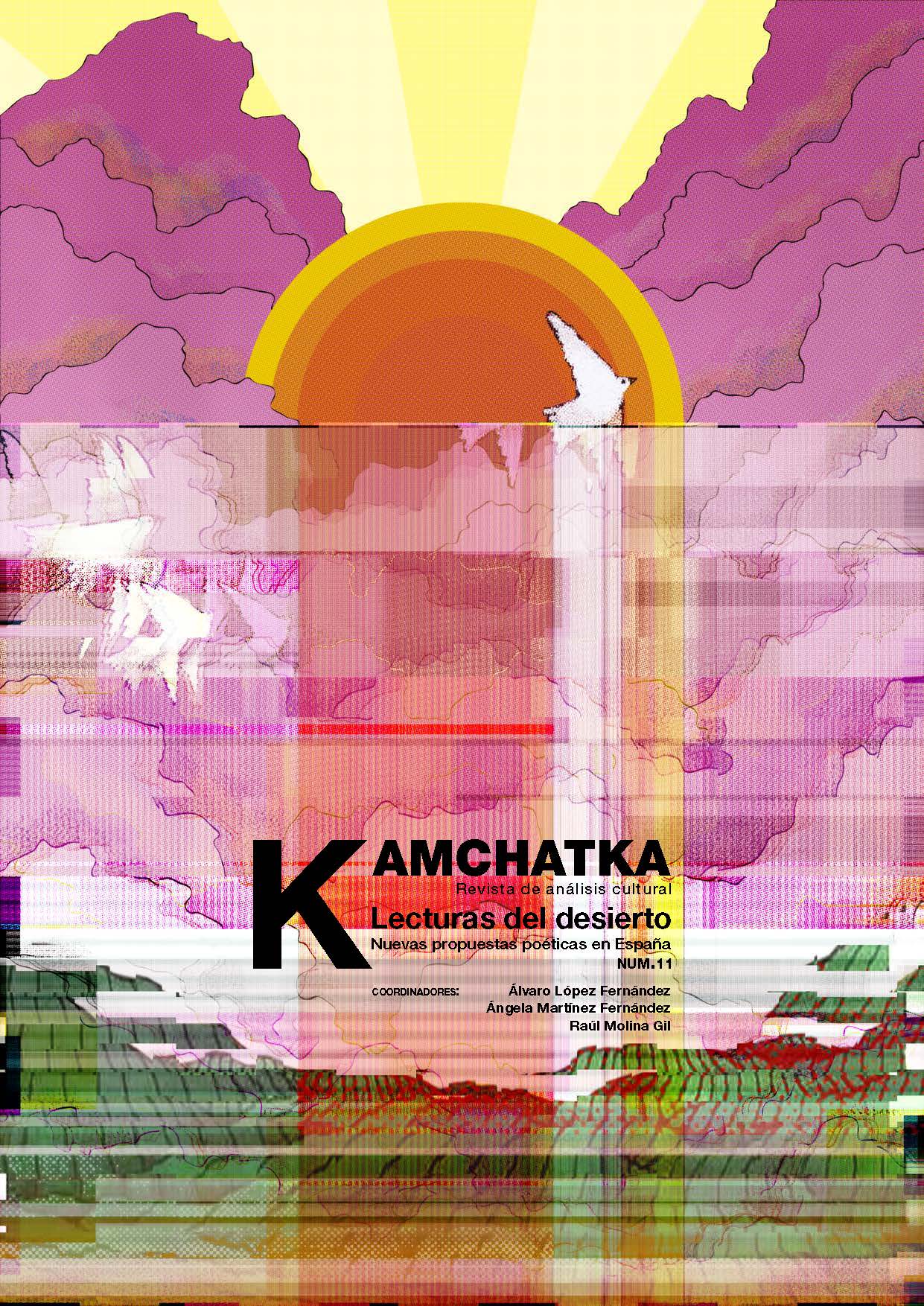Argentina, Estocolmo, Netflix y el síndrome de la identidad perdida
DOI:
https://doi.org/10.7203/KAM.11.12208 Abstract
Abstract
Aunque la trama principal de la primera serie policial argentina en Netflix Estocolmo: Identidad perdida (2016) gira alrededor de un referente globalizado—la trata de mujeres-- este thriller noir es una producción cultural del neoliberalismo en como manipula el trauma del pasado dictatorial (1976-1983) a través del uso de los símbolos asociados con la memoria histórica argentina. Además, a través del prisma del síndrome de Estocolmo, la serie propone que las mujeres disfrutan y son cómplices de su propia opresión.
 Downloads
Downloads
Downloads
Published
How to Cite
-
Abstract1511
-
Artículo (Español)857
Issue
Section
License
This journal provides an immediate free access to the content on the principle that freely make investigation available to the public, which promotes an increased global knowledge exchange.
Unless otherwise indicated, texts published in this journal are under the license Attribution-NonComercial 4.0 by Creative Commons. These texts may be copied, distributed and publicly communicated whenever the publication’s author and title are quoted and whenever they are not used for commercial purposes. In any case, intellectual property of the articles and its potential economic rights entirely belong to its authors.
The full license can be consulted on https://creativecommons.org/licenses/by-nc/4.0/. We encourage authors to disseminate papers published in Kamchatka. Journal of cultural analysis electronically, in institutional digital repository or in their websites.





